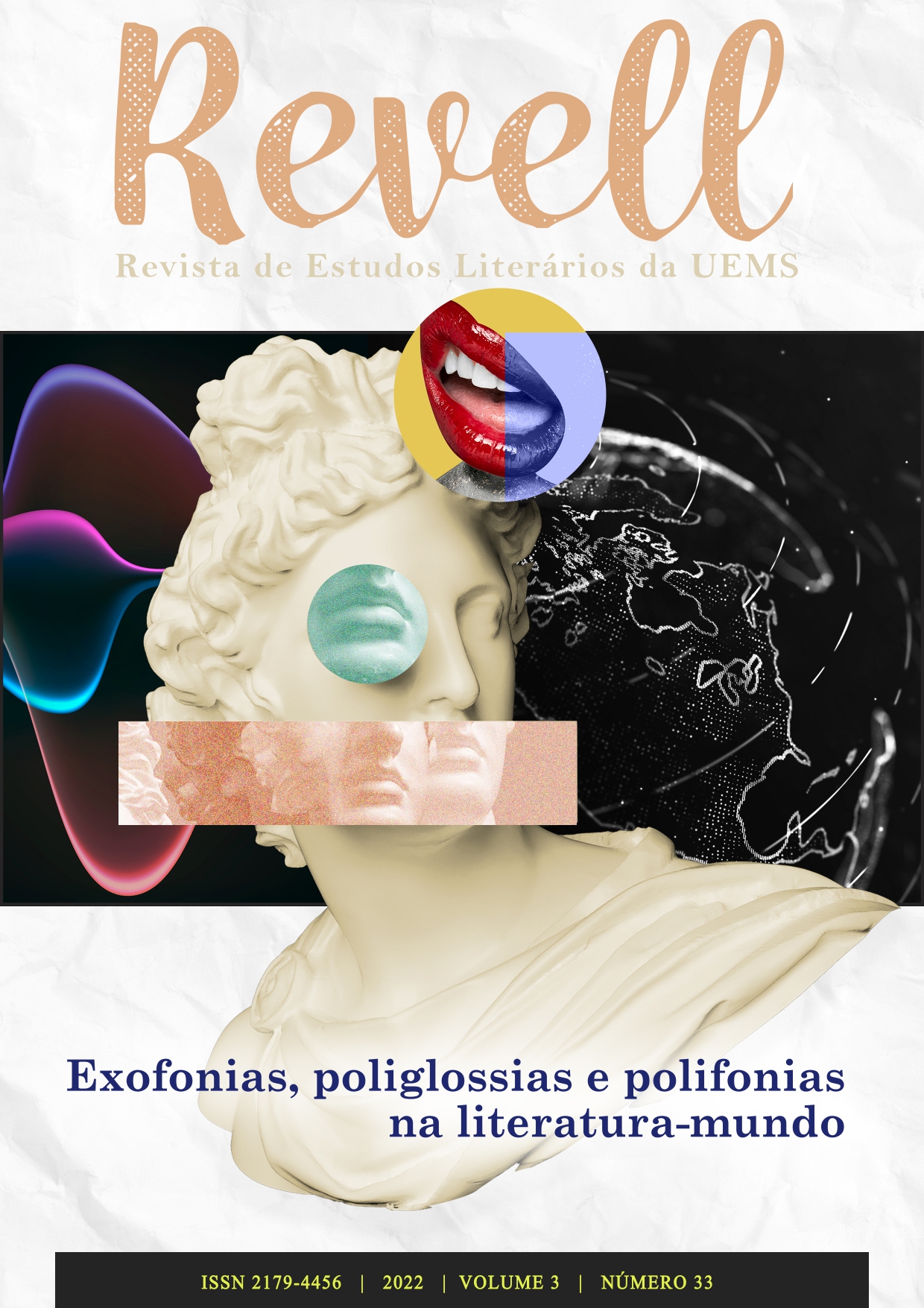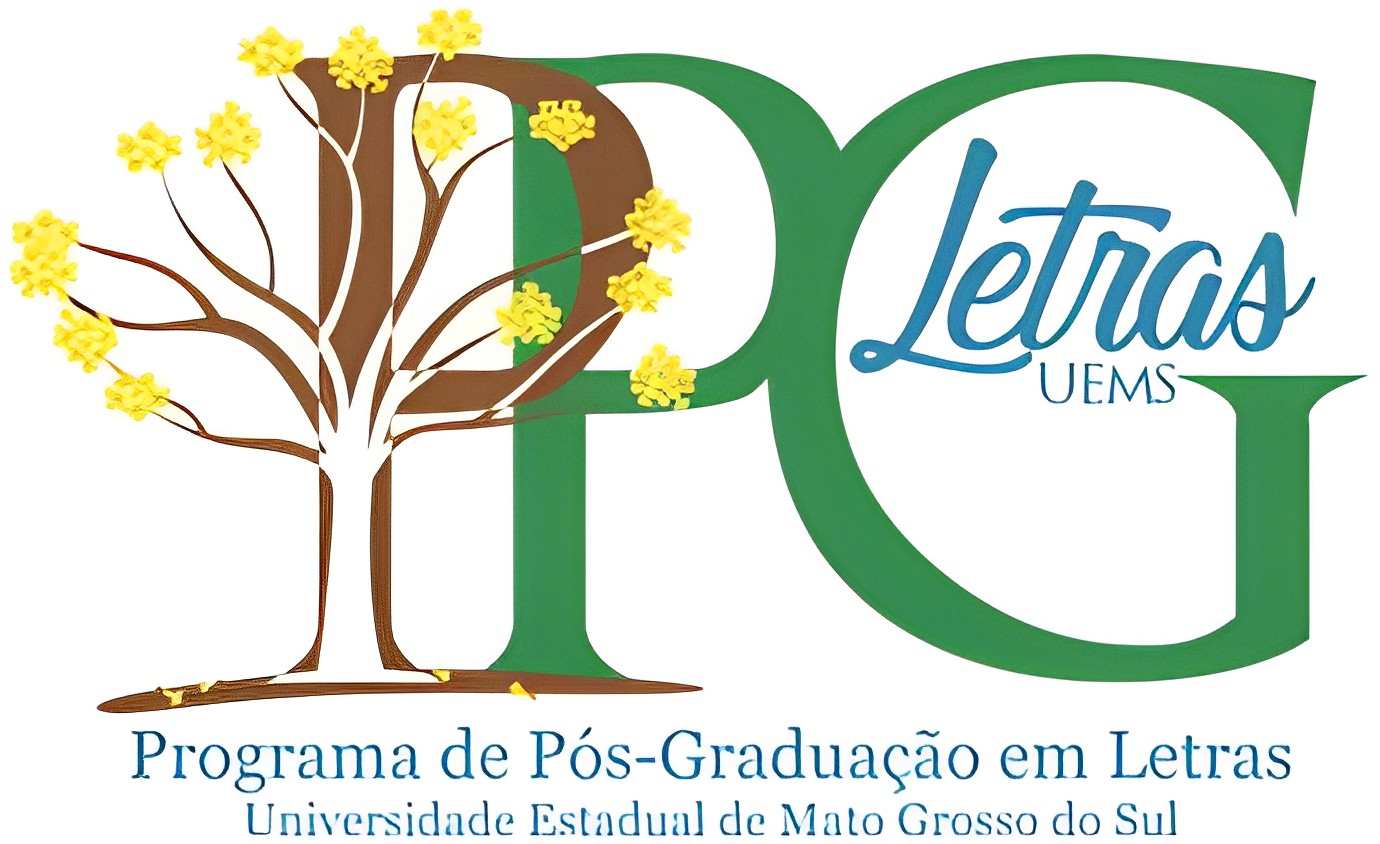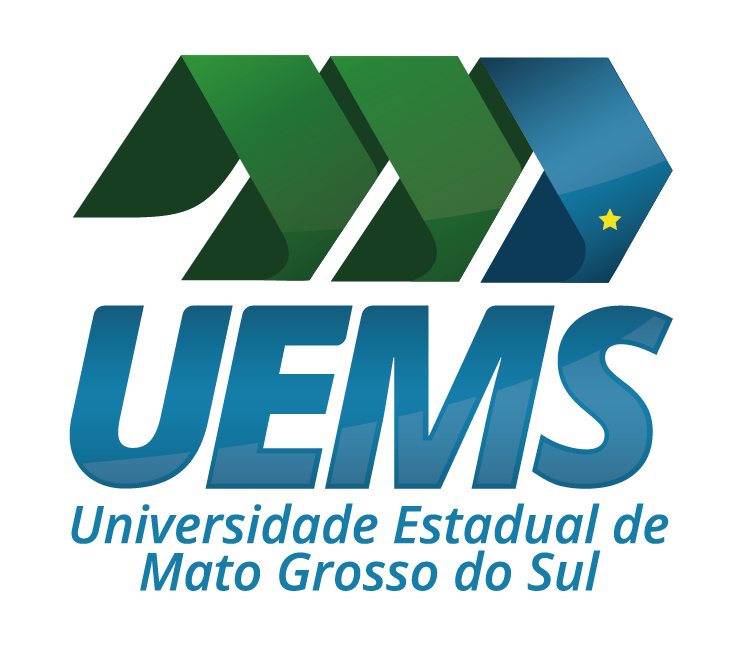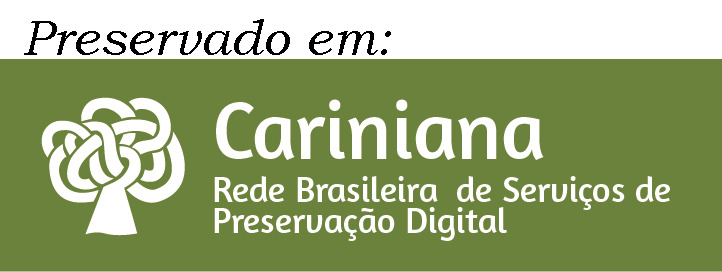Translingualism, exophony and polyphony
Kojiki as a Brazilian text
DOI:
https://doi.org/10.61389/revell.v3i33.7357Keywords:
Kojiki, Japanese Literature, sinography, transcreation, concrete poetryAbstract
This article presents theoretical elements for an anti-Orientalist translation of Kojiki (720), a text from early Japanese antiquity first compiled by imperial order and aiming to create a new official history for the state of Yamato, as well as to be a record of the genealogies and traditions of its noble clans. Based on Said (2007) and Cunha (2013), we review the definitions of Orientalism and peripheral orientalisms, which problematize interpretations and translations of Japanese poetic texts that disregard their historicities and those of the cultures involved in their conception. We apply the concepts of translingualism and transculturation (ETTE, 2016), exophony (WRIGHT; BRUNSWICK, 2008) and polyphony (BAKHTIN, 2002), to the study of the Japanese eighth century, based on references such as Duthie (2014), Naoki (1993) and Matsumae (1993). As methodological inspiration for a poetic translation of Kojiki interpreted from this perspective, we bring basic guidelines from the theories of transcreation (CAMPOS, 2015) and concrete poetry (CAMPOS; PIGNATARI; CAMPOS, 1975), thus advocating the conception of a both critical and creative translation project, attentively devoted to the functionalization of typographic elements and the distribution of words on the two-dimensionality of the page. As a practical result of the reflections proposed, we present at the end of the text two excerpts in translation of the work studied, tentatively represented in these passages with an emphasis on its translingual, exophonic and polyphonic aspects.
References
BAKHTIN, Mikhail. Problemas da poética de Dostoiévski. 3. ed. Traduzido por Paulo Bezerra. São Paulo: Forense Universitária, 2002.
CAMPOS, Augusto de. Pontos—periferia—poesia concreta. In: CAMPOS, Augusto de.; PIGNATARI, Décio; CAMPOS, Haroldo de. Teoria da poesia concreta: textos críticos e manifestos, 1950–1960. 2. ed. São Paulo: Duas Cidades, 1975. p. 17–25.
CAMPOS, Haroldo de. Da tradução como criação e como crítica. In: TÁPIA, Marcelo; NÓBREGA, Thelma Médici (Orgs.). Haroldo de Campos: transcriação, 2015. p. 1–18.
CAMPOS, Haroldo de. Tradução, ideologia e história. In: TÁPIA, Marcelo; NÓBREGA, Thelma Médici (Orgs.). Haroldo de Campos: transcriação, 2015. p. 37–45.
CAMPOS, Haroldo de. Da transcriação: poética e semiótica da operação tradutora. TÁPIA, Marcelo; NÓBREGA, Thelma Médici (Orgs.). Haroldo de Campos: transcriação, 2015. p. 77–104.
CUNHA, Andrei dos Santos. Orientalismos periféricos: presença literária do Japão no Brasil. In: BITTENCOURT, R.; SCHMIDT, R. (Orgs.). Fazeres indisciplinados: estudos de literatura comparada. Porto Alegre: UFRGS, 2013. p. 13–25.
DUTHIE, Torquil. Multicultural Yamato. In: DUTHIE, Torquil. Man’yôshû and the imperial imagination in Early Japan. Leiden; Boston: Brill, 2014.
ETTE, Ottmar. Pensar o futuro: a poética do movimento nos Estudos de Transárea. ALEA, Rio de Janeiro, v. 18, n. 2, p. 192–209, 2016.
HARDACRE, Helen. Shinto: a history. Nova Iorque: Oxford University, 2017.
MARTINS, Nathália da Silveira. A tradução na formação da tradição japonesa: um panorama sobre tradução até o período Meiji. Porto Alegre: CLASS, 2020.
MATSUMAE, Takeshi. Early kami worship. In: BROWN, Delmer M. (Ed.). The Cambridge history of Japan: volume 1, Ancient Japan. Cambridge: Cambridge University, 1993. p. 317–358.
NAOKI, Kôjirô. The Nara state. In: BROWN, Delmer M. (Ed.). The Cambridge history of Japan: volume 1, Ancient Japan. Cambridge: Cambridge University, 1993. p. 221–267.
SAID, Edward W. Orientalismo: o Oriente como invenção do Ocidente. Traduzido por Rosaura Eichenberg. São Paulo: Companhia das Letras, 2007.
SHIRANE, Haruo; SUZUKI, Tomi. (Eds.). Inventing the classics: modernity, national identity, and Japanese literature. Stanford: Stanford University, 2000.
TONERI, Príncipe; Ô, Yassumaro. Crônicas do Japão. Traduzido por Lica Hashimoto. São Paulo: SESC; Instituto Mojo, 2019.
WRIGHT, Chantal; BRUNSWICK, New. Writing in the ‘grey zone’: exophonic literature in contemporary Germany. GFL Journal, v. 3, p. 26–42, 2008.
Downloads
Published
How to Cite
Issue
Section
License
Copyright (c) 2023 REVELL - REVISTA DE ESTUDOS LITERÁRIOS DA UEMS

This work is licensed under a Creative Commons Attribution 4.0 International License.
DECLARAÇÃO DE ORIGINALIDADE E EXCLUSIVIDADE E CESSÃO DE DIREITOS AUTORAIS
Declaro que o presente artigo é original e não foi submetido à publicação em qualquer outro periódico nacional ou internacional, quer seja em parte ou na íntegra. Declaro, ainda, que após publicado pela REVELL, ele jamais será submetido a outro periódico. Também tenho ciência que a submissão dos originais à REVELL - Revista de Estudos Literários da UEMS implica transferência dos direitos autorais da publicação digital. A não observância desse compromisso submeterá o infrator a sanções e penas previstas na Lei de Proteção de Direitos Autorais (nº 9610, de 19/02/98).




















